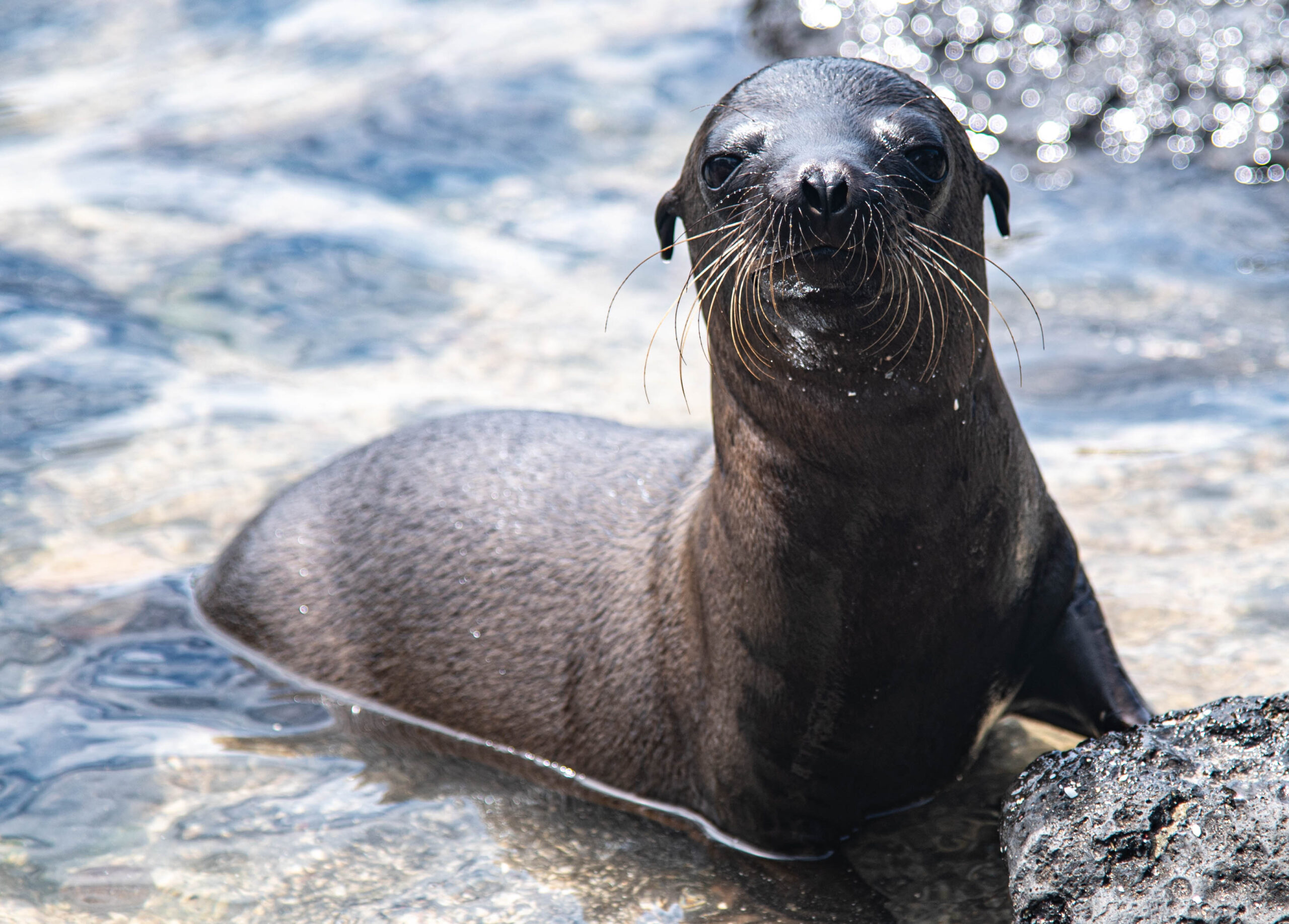“Hematología basal, bioquímica, valores de gases en sangre y estado de salud de la gaviota de cola bifurcada de Galápagos (Creagrus furcatus)” es una investigación de Carlos A Valle, Catalina Ulloa, Cristina Regalado, Juan-Pablo Muñoz-Pérez, Juan Garcia, Britta Denise Hardesty, Alice Skehel, Diane Deresienski, Ronald K Passingham y Gregory A Lewbart, basada en el estudio de La gaviota de cola bifurcada, Creagrus furcatus, que es un ave marina endémica del archipiélago de Galápagos.
Históricamente, los parámetros de salud, química sanguínea y hematología no habían sido publicados para esta especie.
Para esta investigación, los análisis de sangre se realizaron en muestras extraídas de 58 gaviotas de cola bifurcada clínicamente sanas capturadas en el Islote Pitt en la isla San Cristóbal en julio de 2016 (28) y en la isla Plaza Sur en junio de 2017 (30).
Las aves fueron capturadas a mano o con una red de mano, examinadas de cerca por una junta certificada (American Board of Veterinary Practicantes de medicina canina / felina) veterinario (DD) y muestreados antes de que se capturara la siguiente ave.
Se tomaron medidas estándar utilizando calibradores y los animales se pesaron con una balanza Pesola (Pesola Präzisionswaagen AG, Schindellegi, Suiza 8834). La temperatura corporal se obtuvo de la cloaca usando un termómetro de termopar EBRO®, mientras que la frecuencia cardíaca se midió con un estetoscopio y la frecuencia respiratoria mediante la observación de los movimientos del pecho.
Las muestras de sangre se obtuvieron lo más pronto posible para minimizar los efectos potenciales de la manipulación sobre los parámetros sanguíneos; en la mayoría de los casos, esto fue dentro de los 10 minutos posteriores a la captura. Según su comportamiento, respuesta al manejo y examen físico por parte del veterinario, todas las aves de este estudio se consideraron clínicamente sanas.

Todas las muestras fueron recolectadas durante las salidas al campo, ejecutando más del 90% de la prueba con muestras frescas mediante un análisis instantáneo con analizadores de lactato y química sanguínea portátiles, también se almacenaron en hielo en viales de plástico estériles dentro de los 10 minutos posteriores a la recolección de la muestra para hematología y archivo. Se hicieron frotis de sangre a los pocos minutos de la extracción de sangre y se fijaron y tiñeron con Dip Quik.
Lo más interesante del estudio es que las dos poblaciones, separadas por más de 50 kilómetros, resultaron ser muy similares en cuanto a los parámetros de salud que se evaluaron.
El informe de datos de referencia es valioso para realizar comparaciones entre diferentes poblaciones en el archipiélago y para detectar cambios en el estado de salud de las gaviotas de cola bifurcada de Galápagos, así lo mencionó Greg Lewbart, “Ahora tenemos una línea de base de salud para una especie casi endémica de Galápagos. Si alguna vez hay un brote de enfermedad, problema de contaminación u otro desafío ambiental, tenemos datos de gaviotas saludables para comparar”.






